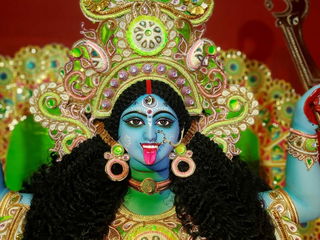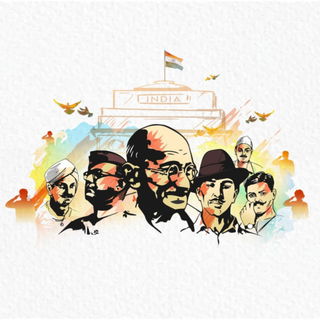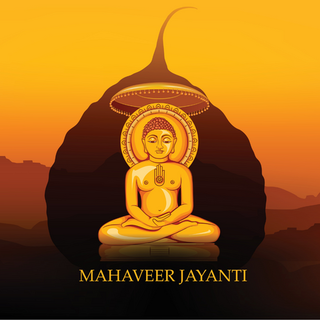- Calendar
- Calendar 2026
- January
- Savitribai Phule Jayanti
Savitribai Phule Jayanti
Savitribai Phule Jayanti, observed every year on January 3rd, honors the birth anniversary of India's first female teacher- Savitribai Phule.
A pioneer in women's education and social reform, Savitribai broke multiple barriers to empower underprivileged communities that challenged societies' deep-rooted discrimination in that age.
Savitribai Phule, with her husband, Jyotirao Phule, established the first girls school in Pune, starting a revolutionary movement for girls education.
She fearlessly preached and advocated for women's right and justice in an orthodox era, and this has continued to inspire generations.
Savitribai Phule Jayanti honors her legacy and reminds us of the transformative power of education and equality.
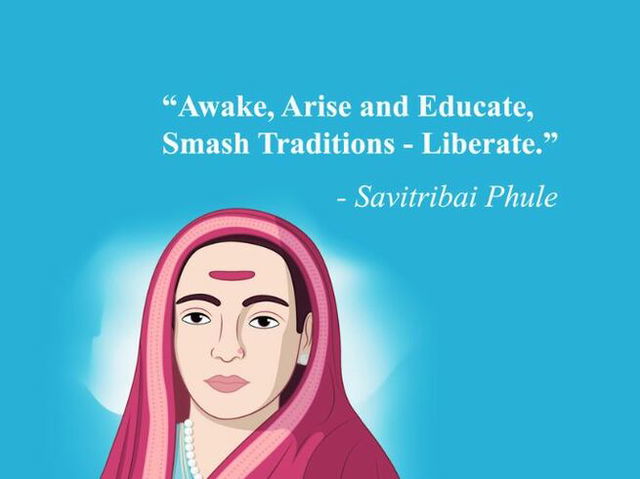
History of Savitribai Phule Jayanti
The observance of Savitribai Phule Jayanti as a formal celebration began during the 20th century, though her contributions were acknowledged prior to this. The precise year of the inaugural official celebration remains unclear, but it has long been celebrated annually on January 3rd. This day is dedicated to commemorating her remarkable efforts in advancing women’s education and advocating for social reform.
The Journey of Savitribai Phule
Born on January 3, 1831, Savitribai Phule was the eldest daughter of a farming family in Naigaon, British India now in Maharashtra.
During that time, girls were married off at a very tender age and hence, at the age of nine she was married off to Jyotirao Phule who was twelve years at that time.
Jyotirao Phule became a popular social reformer and stood by Savitribai like a pillar in all her initiatives.
Savitribai started her education after getting married, with her husband teaching her how to read and write.
She worked hard and became passionate about teaching, later receiving formal training to become a teacher.
Women's Education
She established the first girls' school in Pune in 1848 along with her husband and despite facing severe criticism and hostility, they thrived.
They were supported by a Muslim sibling duo, Usman Sheikh and Fatima Sheikh, who even offered them space for the school and Savitribai became its first teacher.
The couple later started schools for underprivileged schools who were denied the opportunity of education.
Throughout the years, Savitribai opened 18 schools and also taught women and oppressed groups, challenging the solid caste system of that age.
She faced a lot of insults, including people throwing stones and mud at her, but she still carried on and kept an extra sari with her in case her clothes got dirty.
She introduced stipends to motivate children to attend school and held regular meetings with parents to emphasize the value of education.
Social Reforms
She also worked endlessly to prohibit practices like sati and child marriage, and also actively advocated for widow remarriage.
Savitribai and Jyotirao also set up a care home for rape victims and pregnant widows in 1863 providing them with all the support and a safe space.
The couple also adopted a child from a Brahmin widow, sending a strong message against social norms.
Savitribai helped organize women’s groups, such as the Mahila Seva Mandal, to raise awareness about women’s rights. She also fought against the practice of shaving widows’ heads and supported barber strikes to oppose this custom.
Protesting Against Discrimination
Savitribai and Jyotirao dedicated themselves to eradicating untouchability and the caste system. They opened a well at their home to provide water for people from untouchable communities and led the Satyashodhak Samaj, a movement focused on equality and social reform. After Jyotirao's death in 1890, Savitribai took over as the leader of the movement.
During times of famine, the couple worked together to distribute free food and establish food hostels. Savitribai also urged the British government to provide relief during the 1897 drought.
Last Days
Savitribai, with her adopted son, Dr. Yashwantrao, set up a clinic during the bubonic plague outbreak in 1897 to treat the affected.
While tending to them, she caught the plague and passed away on March 10, 1897.
Her Legacy
Savitribai Phule left a lasting legacy that symbolizes strength, courage, social reform and determination.
She also laid the foundation for a more diverse and inclusive society as India's first female teacher and an advocate for women's rights.
Savitribai Phule has received many honors for her important contributions. In 2015, the University of Pune was renamed Savitribai Phule Pune University to honor her impact on education in India. In 1998, India Post released a stamp in her memory, and in 2017, Google celebrated her 186th birth anniversary with a Doodle.
Her hard work to promote education and fight against caste discrimination continues to inspire those working for equality and justice. Savitribai’s legacy lives on through these tributes and the ongoing movements for women’s rights and social change in India.
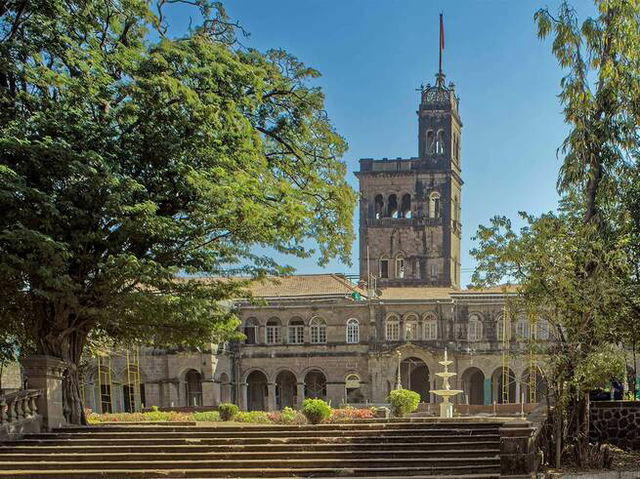
Observing Savitribai Phule Jayanti
Schools and colleges organize events to promote the importance of education and equality, and focuses on underprivileged communities to celebrate her birth anniversary.
Events such as cultural programs, seminars, speeches are important aspects of this day to honor her contributions to the society.
Savitribai Phule Jayanti inspires efforts to uplift women and marginalized groups. Activities like providing scholarships or supporting social reforms reflect her mission of equality.
Finally, the day can be a time for personal reflection and community action. Volunteering for education or spreading awareness about social justice are ways to honor Savitribai’s vision of a fair and inclusive society.
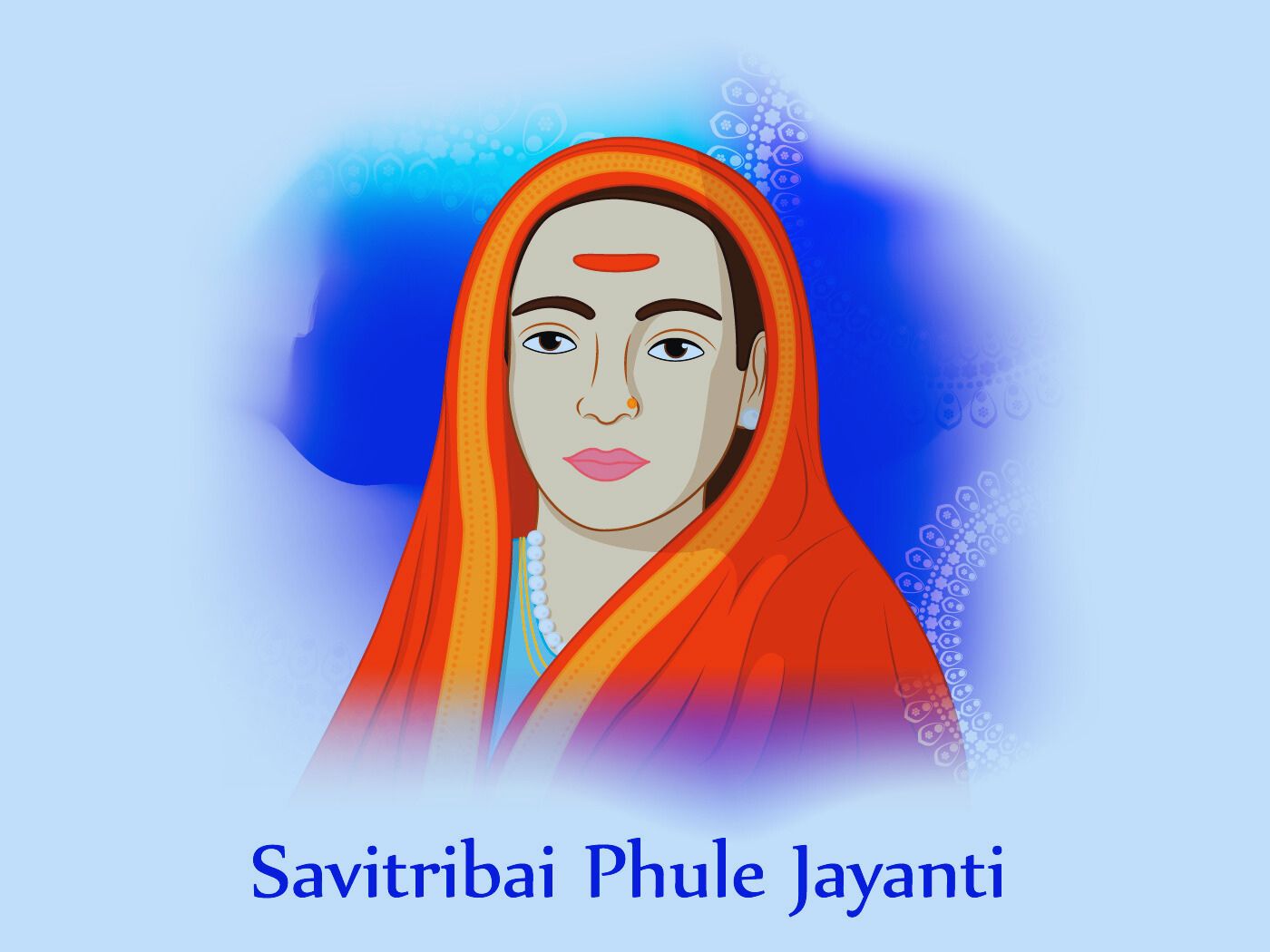
Other Celebrations
-
Feb 19 Wed
-
Apr 02 Thu
-
Apr 24 Fri
-
Jun 08 Mon
-
Jun 15 Mon
-
Nov 24 TueGuru Nanak Jayanti Holiday

Savitribai Phule Jayanti - Next years
Sunday, 03 January 2027
Monday, 03 January 2028
Wednesday, 03 January 2029




